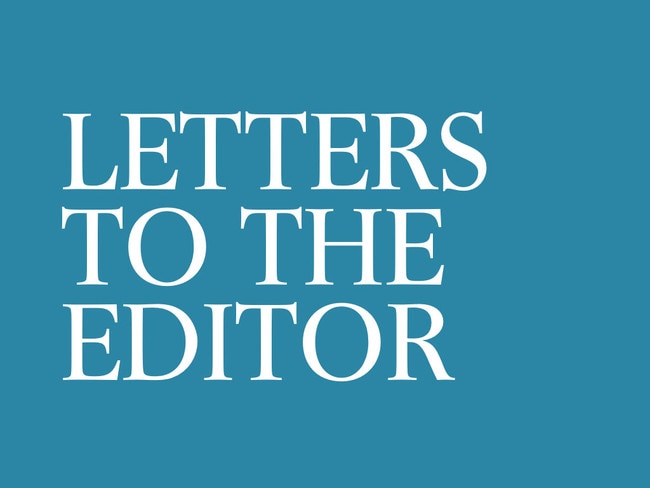
China Ties


Hong Kong court convicts pro-democracy tycoon Jimmy Lai

‘Hopelessly behind’: Australia’s looming power crisis

Beijing’s Lai test: Will democracy go up in flames in HK?

Australia shouldn’t buy Beijing’s rewriting of history

‘Open wounds’: Fishermen injured by Chinese water cannons

US forces raid ship, seize cargo headed to Iran from China

No prize for guessing where insidious social engineering by stealth will lead

US and Japan agree China actions ‘not conducive to peace’

If Russia wins: How a Ukrainian defeat threatens Australia’s security

US, Japan fly bombers in clear message to China
B-52s and Japanese jets over the Sea of Japan showcase alliance as China keeps pressure on Japan

Unfriendly fire: Japan envoy hits back at Chinese rival

It’s ‘erroneous’ to say Japan will break its peace commitment
Chinese claims about my nation’s defence policies are ‘unfortunate’ and inconsistent with the facts.

Trump says chips ahoy to Xi Jinping

Nvidia chips will boost China’s military, Republicans warn

China’s big stick silences support for Japan’s Takaichi

‘Anti-Australian values’: Coalition migration plan could target CCP members

What could stop the march of the Chinese carmakers?

Chinese, Russian bombers fly joint patrol near Japan
Tokyo says the exercise was a show of force amid tensions with Beijing.

China giant’s ‘cheap’ promise to Aus drivers

China’s take on history suffers from visible disconnect with reality

China defies Trump tariffs to post record $1.6 trillion surplus

China’s cash troubles puts bullseye on Aus

Chinese envoy blasts Japanese PM over Taiwan call

A warning on the rise of Japanese aggression

Chinese cancel culture plays to the crowd
Treatment of Japanese artists by Beijing may stir national fervour but it looks cheap and petty.

Beijing plays victim after harrying Japan’s planes

China’s economy is stalling, but one group is booming

In defence of the Trump doctrine

Time to get Quad back on track
Original URL: https://www.theaustralian.com.au/topics/china-ties
